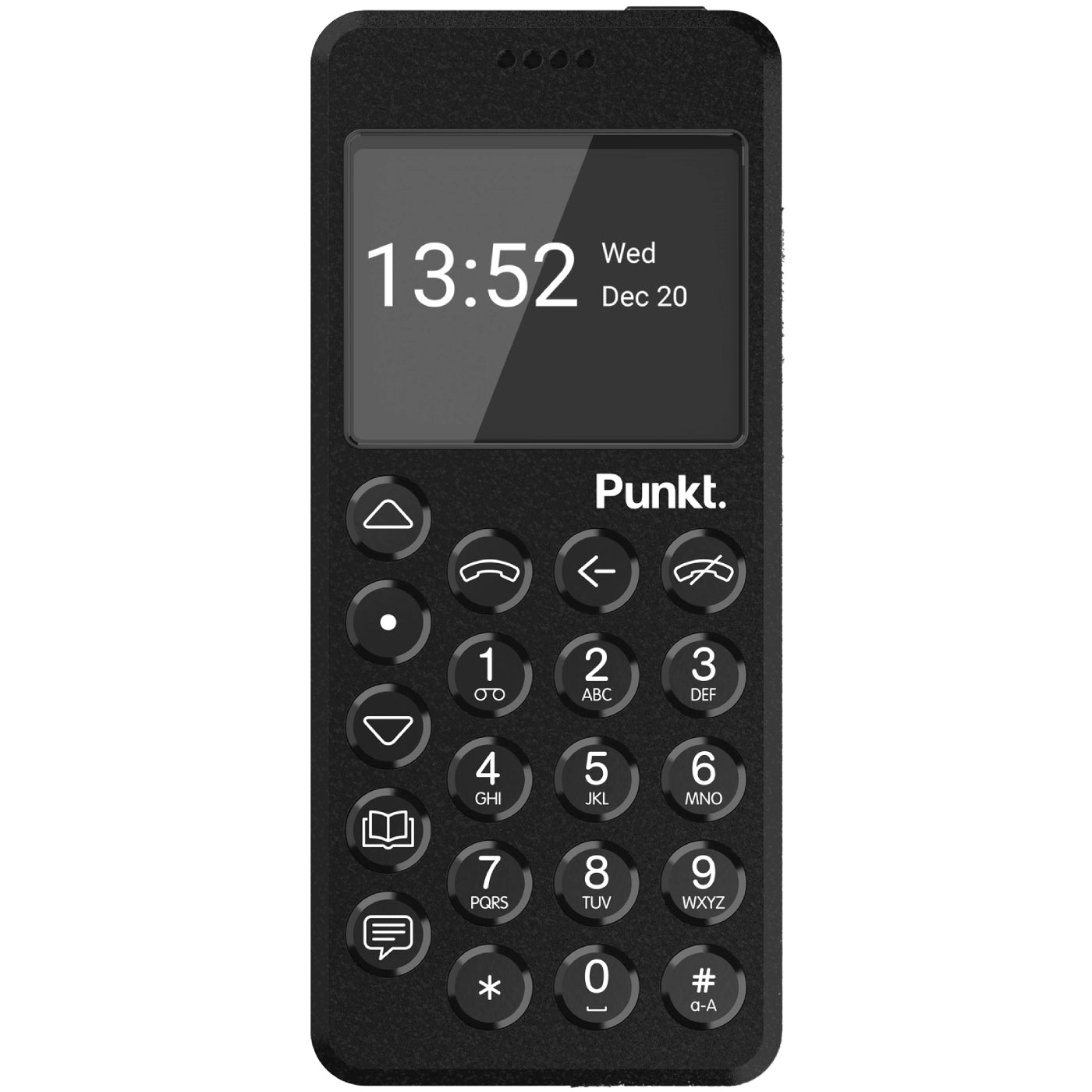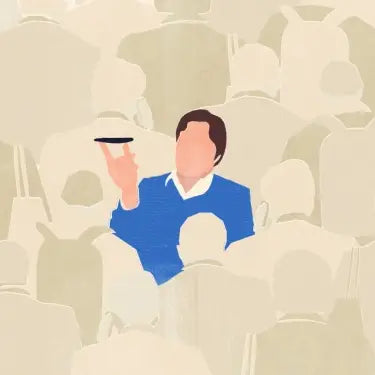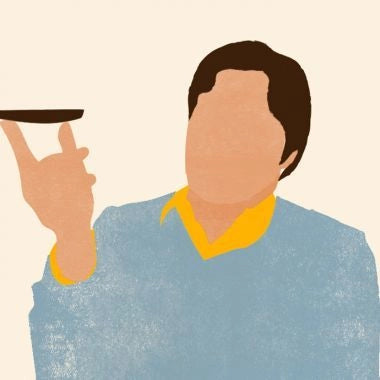Die innere Geschichte der Geräte

Dieses Buch machte Punkt. zu einem Fan von Sherry Turkle
Informationen des Verlags
Memoiren, klinische Texte und Ethnografie eröffnen neue Perspektiven auf die Erfahrung von Technologie; persönliche Geschichten zeigen, wie Technologie das Innenleben berührt.
Seit mehr als zwei Jahrzehnten hat Sherry Turkle mit bahnbrechenden Studien wie The Second Self und Life on the Screen unsere kollektive Vorstellungskraft mit ihren Einsichten darüber herausgefordert, wie Technologie in unsere privaten Welten eindringt. In The Inner History of Devices beschreibt sie ihren Ansatz – ein Verfahren, das aufzeigt, wie das, was wir erschaffen, in unser Selbstbild eingewoben ist. Sie vereint drei Traditionen des Zuhörens: die der Memoirenschreiberin, der Klinikerin und der Ethnografin.
Jede dieser Perspektiven ergänzt die anderen, um eine innere Geschichte der Geräte zu formen. Wir lesen über Objekte von Mobiltelefonen und Video-Poker bis hin zu Prothesenaugen, von Webseiten und Fernsehen bis zu Dialysemaschinen.
In einem einleitenden Essay argumentiert Turkle für eine „intime Ethnografie“, die konventionelle Annahmen herausfordert. Eine Besitzerin eines Personal Computers sagt zu Turkle: „Dieser Computer bedeutet alles für mich. Er ist der Ort, an dem ich meine Hoffnung ablege.“ Turkle erklärt, dass sie dieses Gespräch ursprünglich begann, um herauszufinden, wie Menschen Computer nutzen. Am Ende ihrer Unterhaltung hatte sich ihre Frage verändert: „Was ist es an Computern, das so tiefe Verbindung ermöglicht? Was hat ein Computer, das Hoffnung schenkt?“ The Inner History of Devices lehrt uns, auf die Antwort zu hören.
In den Memoiren, ethnografischen Studien und klinischen Fallgeschichten dieses Bandes lesen wir über eine amerikanische Studentin, die sich mit ihren widersprüchlichen Identitäten auseinandersetzt, während sie über ein Mobiltelefon nachdenkt, das sie in Japan nutzte („Tokyo saß darin gefangen“); eine psychisch belastete Patientin, die E-Mails benutzt, um ihre Therapeutin sowohl zu kritisieren als auch sich von ihr beruhigen zu lassen; eine spielsüchtige Frau, die beim Video-Poker nicht dauerhaft gewinnen möchte, weil das Muster von Gewinnen und Verlieren sie stärker mit dem Körper der Maschine verbindet. In diesen Texten hören wir unerzählte Geschichten. Wir erkennen, dass konventionelle Weisheiten nie weit genug reichen.
Rezensionen
„Sherry Turkle und die Mitwirkenden nutzen Memoiren, Psychoanalyse und Ethnografie, um unsere Bindungen, unsere Trauer, unsere Zwänge und unseren Umgang mit Dingen zu beleuchten – wie wir sie nutzen, um Leben und Tod zu begreifen und neue Selbstbilder zu formen. Ihre Einsichten machen dieses Buch zu einer wichtigen Lektüre – nicht nur für Fachleute, sondern für alle, die sich fragen, wohin uns Innovation führen wird.“ – Edward Tenner, Autor von Our Own Devices und Why Things Bite Back
„Was für ein bemerkenswertes Buch – wie ein magischer Werkzeugkasten: Aus diesem Band treten Objekte mit Geschichten hervor – Handys, Dialysegeräte, Defibrillatoren, Webseiten und vieles mehr. Mit Feldforschung, klinischer Arbeit und Erinnerungskunst machen Sherry Turkle und ihre großartigen Mitautor:innen die materielle Welt zu einem Ort lebendiger Bedeutungen, der viel darüber erzählt, wer wir sind – und wer wir werden. Mehr noch: Es ist ein anspruchsvolles Buch, das großen Lesespaß bereitet.“ – Peter Galison, Joseph Pellegrino University Professor, Harvard University










